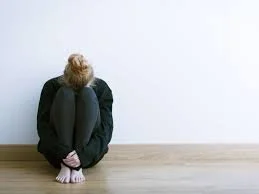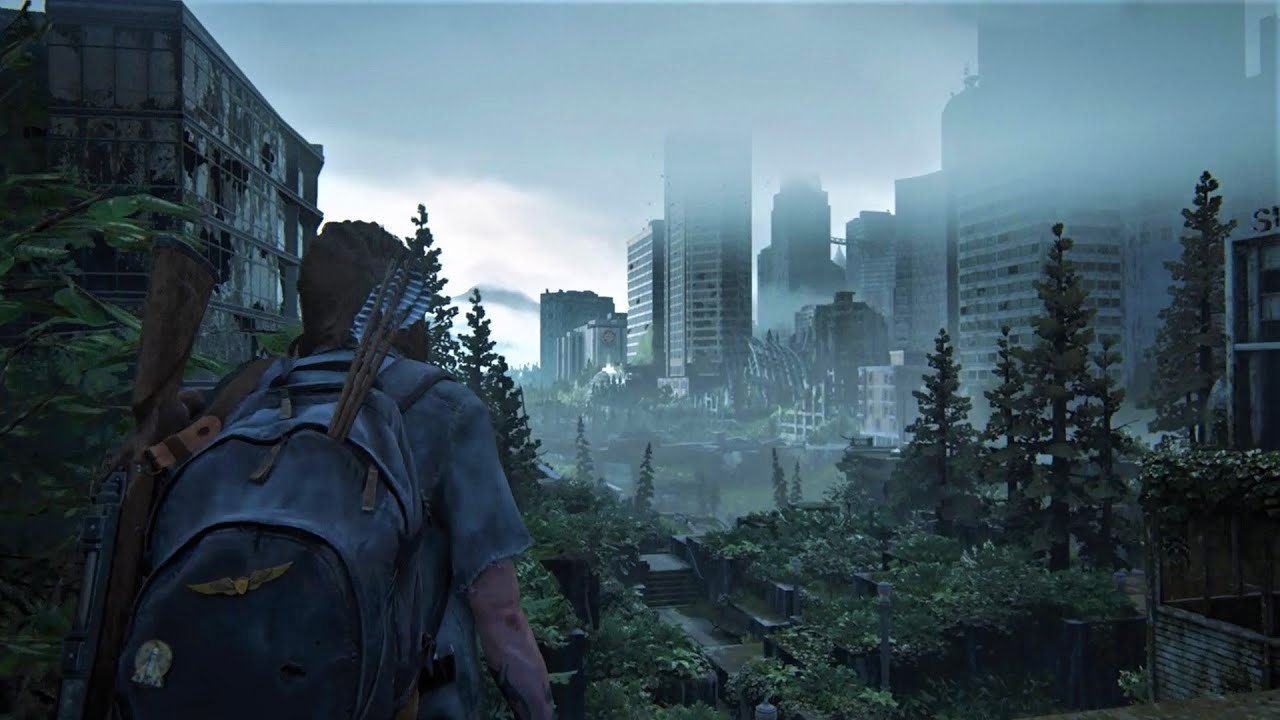Video gaming is a popular form of entertainment, providing players with opportunities for social interaction, cognitive stimulation, and relaxation. However, research suggests that excessive gaming can have negative effects on mental health, including the development of anxiety. Anxiety is a common mental health issue that can lead to physical and emotional symptoms, impacting daily functioning and quality of life.
II. Gaming and Anxiety: Understanding the Relationship
The immersive nature of gaming can be a double-edged sword. On the one hand, it can provide a sense of escapism, allowing players to temporarily forget about real-world stressors. On the other hand, it can also create a sense of pressure and anxiety, especially when players become overly invested in the game. This can lead to a cycle of stress, negative emotions, and anxiety, which can become difficult to break.
Excessive gaming can also negatively impact mental health, as it can lead to sleep deprivation, social isolation, and a lack of physical activity. Research suggests that these factors can contribute to the development of anxiety, as they can disrupt the body's natural stress response and lead to chronic feelings of unease.
In addition, some games may have content that is particularly triggering for individuals with pre-existing anxiety. For example, horror games or games with high-stakes competition may be more likely to elicit anxiety symptoms in some players.
Overall, it is important to understand the potential relationship between gaming and anxiety, as this can help individuals make informed decisions about their gaming habits and seek help if necessary. In the following sections, we will discuss the prevalence of anxiety among gamers, the impact of social anxiety on gaming, and strategies for coping with gaming-related anxiety.
III. Prevalence of Anxiety Among Gamers
Research has shown that a significant percentage of gamers experience symptoms of anxiety. According to a study published in the Journal of Cyberpsychology, Behavior, and Social Networking, 40% of gamers reported experiencing anxiety while playing video games. Another study found that nearly 15% of gamers met the diagnostic criteria for generalized anxiety disorder.
There may be several reasons why gamers are more susceptible to anxiety than the general population. For one, gaming can be an addictive behavior, which can lead to feelings of guilt or shame if an individual perceives that they are spending too much time on it. Additionally, gaming can create a sense of social pressure, especially if an individual is trying to keep up with the gaming trends and maintain a certain level of skill or expertise.

IV. Social Anxiety Among Gamers

Social anxiety disorder (SAD) is a common form of anxiety that affects many people, including gamers. SAD is characterized by intense fear or anxiety in social situations, including situations where an individual may be observed, evaluated, or judged by others. For gamers, this fear may be intensified by the competitive nature of gaming or the fear of negative feedback from other players.
Furthermore, social anxiety among gamers can be exacerbated by the online nature of gaming. Online anonymity can make it easier for individuals to interact with others, but it can also create a sense of disconnection and isolation. This can lead to feelings of loneliness and a fear of social rejection.
To cope with social anxiety while gaming, individuals may benefit from setting boundaries on their gaming time and seeking social support from friends or family members outside of the gaming community. They may also consider joining online gaming communities that prioritize positivity and inclusivity, as these types of communities can help individuals feel more connected and supported. Additionally, seeking therapy or counseling can be an effective way to address underlying anxiety and develop coping strategies for managing social anxiety in all aspects of life, including gaming.
V. Coping Strategies for Gaming-Related Anxiety
There are several strategies that individuals can use to cope with gaming-related anxiety. These include:
-
Practicing self-care: Engaging in activities that promote relaxation and self-care, such as exercise, meditation, and deep breathing, can help to reduce anxiety and promote overall mental wellness. (Here are some of the games we think create a positive effect on the psyche: Check it out)
-
Limiting gaming time: Setting boundaries on gaming time can help individuals maintain a healthy balance between gaming and other important activities, such as work, school, and socializing.
-
Seeking support: Talking to friends, family, or a mental health professional can provide individuals with the support and encouragement they need to manage their anxiety.
-
Taking breaks: Taking frequent breaks during gaming sessions can help individuals to reduce stress and anxiety, as well as prevent physical strain and eye strain.
-
Playing in a safe and positive environment: Joining online communities that promote positivity and inclusivity can help individuals feel more supported and less anxious while gaming.

VI. The Connection Between Sleep Deprivation and Anxiety
Sleep deprivation has been shown to contribute to the development of anxiety. When we don't get enough sleep, our bodies experience an increase in stress hormones, such as cortisol, which can lead to feelings of anxiety and tension. Sleep also plays a crucial role in cognitive functioning, including memory, attention, and decision-making. When we don't get enough sleep, our ability to manage stress and regulate emotions is compromised, which can exacerbate feelings of anxiety.
For gamers, the impact of gaming on sleep patterns can also contribute to anxiety. Gaming can be a highly engaging and immersive activity that can keep players up late into the night. The blue light emitted by screens can also disrupt the body's natural sleep-wake cycle, making it harder to fall asleep and stay asleep. Additionally, gaming can be a source of stress and excitement, which can make it difficult to wind down and relax before bed.
To address the impact of gaming on sleep patterns, it's important for gamers to establish healthy sleep habits. This can include setting a regular bedtime and wake-up time, avoiding gaming for at least an hour before bed, and creating a sleep-friendly environment, such as a dark and quiet bedroom. Incorporating relaxation techniques, such as meditation or deep breathing, can also help promote a restful night's sleep.
Want a deeper understanding of why you can’t sleep? Check out this article!
What are the reasons sleep is so important for gamers? Find out here!
VII. Conclusion
In conclusion, gaming can contribute to anxiety in a variety of ways, from excessive gaming to social anxiety and sleep deprivation. However, there are strategies that can be used to manage gaming-related anxiety, such as practicing self-care, setting boundaries, and seeking support. It's important for individuals to prioritize their mental health and seek professional help if necessary.




Leave a comment
All comments are moderated before being published.
This site is protected by hCaptcha and the hCaptcha Privacy Policy and Terms of Service apply.